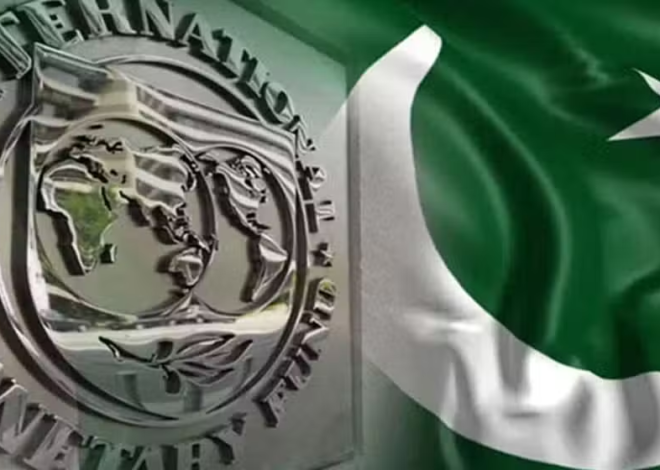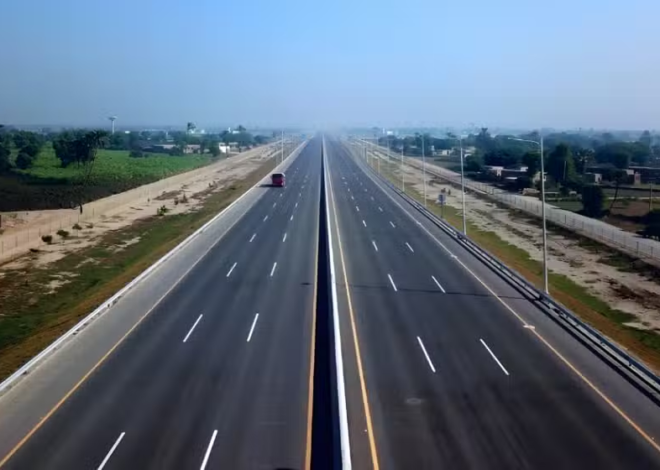
Israel–South Sudan Talks on Relocating Palestinians Raise Alarm
In a move stirring diplomatic and humanitarian controversy, Israel has reportedly held discussions with South Sudan about relocating Palestinians from the Gaza Strip to the East African nation, a country still reeling from years of war, famine, and political instability.
Six people familiar with the matter told The Associated Press that while the scope of the talks remains unclear, the proposal could see civilians transferred from one hunger-stricken conflict zone to another. Critics say the plan risks breaching international law, which prohibits forced population transfers.
Prime Minister Benjamin Netanyahu has framed such resettlement as “voluntary migration,” aligning it with former US President Donald Trump’s broader vision of moving Gaza’s population abroad. Netanyahu recently told i24 News, “I think that the right thing to do, even according to the laws of war as I know them, is to allow the population to leave, and then you go in with all your might against the enemy who remains there.” He did not directly mention South Sudan in that interview.
Rights groups, Palestinians, and much of the global community reject the concept, warning it could serve as a blueprint for permanent expulsion and annexation of Gaza’s territory.
A Fragile Offer From a Fragile State
For South Sudan, accepting such a deal could offer diplomatic leverage with Israel and, indirectly, with Washington. Joe Szlavik, head of a US lobbying firm working with the South Sudanese government, said he was briefed on the talks and claimed an Israeli delegation plans to explore setting up camps for Palestinians. While no date has been confirmed, he suggested Israel might fund the camps itself.
Szlavik noted that “cash-strapped South Sudan needs any ally, financial gain and diplomatic security it can get,” particularly as it seeks the lifting of US sanctions and a travel ban.
The arrangement is not without risk for the host nation. Civil society leader Edmund Yakani warned that the government must be clear about “who is coming and how long they plan to stay” to avoid sparking hostility, citing “historical issues with Muslims and Arabs.”
Egypt, which borders Gaza, has lobbied South Sudan against participating in such a plan, fearing a precedent for mass displacement from the territory.
Humanitarian Doubts and Historical Tensions
While some Gazans might consider temporary departure to escape the ongoing war and looming famine, permanent resettlement remains widely opposed. Many fear they would never be allowed to return, paving the way for Israel to annex Gaza and reintroduce Jewish settlements.
South Sudan’s own history complicates the picture. The country emerged from decades of civil war in 2011, only to descend into renewed conflict that killed nearly 400,000 people. Pockets of famine persist, corruption is rife, and international aid is crucial for feeding its 11 million citizens.
The proposal to host displaced Gazans, even under the label of relocating Palestinians, risks placing them in an environment with scarce resources, unresolved ethnic tensions, and fragile peace. As Yakani bluntly put it, “South Sudan should not become a dumping ground for people… and it should not accept taking people as negotiating chips to improve relations.”
Also, see:
Pakistan Begins 79th Independence Day Celebrations With Patriotic Zeal







